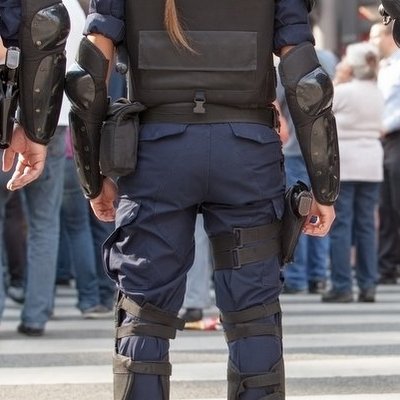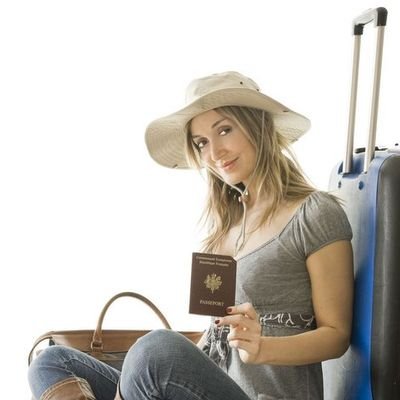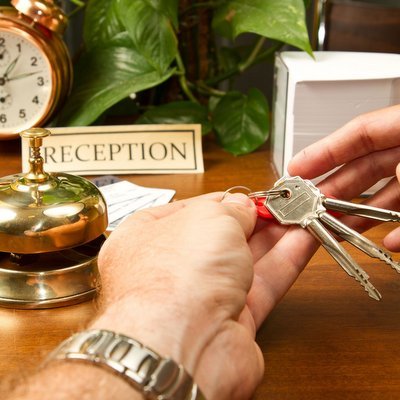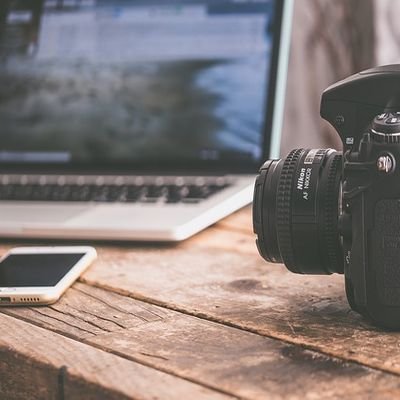How To Avoid Being A Victim Of A Terrorist Attack If That's Possible
Terrorist attacks are a horrible fact of life in the 21st century. For the traveller, it’s another hazard to consider when planning that perfect holiday.
Terrorism is designed to instill fear, terror and shock, for political or spurious religious reasons and it is doing a good job with the general travelling public. There has been 61,000 cases since 2,000 of terrorism according to the 2015 Global Terrorism Index, with a 80% increase in fatalities between 2013 and 2014 unfortunately an increasing trend. Prime target areas include government and Western interests, places where people gather such as public buildings and tourist sites, known hangouts for Westerners and places of worship such as churches, temples and synagogues. It is psychological and lethal warfare.
However, to put all this into some practical context, 78% of all terrorist related fatalities were in 5 countries (Afghanistan, Iraq, Nigeria, Pakistan and Syria). This is not to say there is no reason exercise caution, as there is a very real growing concern to be wary.
Notwithstanding these statistics it is always prudent to take some precautions.
So how do you minimize your chances of being blown up or shot whilst abroad?
Statistically the number one precaution you can take is to avoid high risk countries. | |
Prior to going abroad, register your travel plans on your government's travel website. | |
Always check your government's travel warning website, pre-flying and during your holiday for any updates. | |
Listen to the current news of the destination you are travelling to, regarding public holidays and the political situation. | |
Keep on hand a mobile phone and emergency contact details at all times. | |
Blend in - dress like a local - don't wear religious or political "trinkets" at all. | |
Travel solo -v- group travel - There are two thoughts on this subject: with group travel you are not alone if you get into trouble, but by travelling in a group you are more likely to present a "target" and get into trouble. Solo travel may make you a target for kidnapping, but generally speaking solo travellers tend to be of the more savvy variety and know how to blend in. | |
Major tourist attractions - get in and out - don't linger, as these are prime attack areas. | |
Big tourist towns - see what you really want to, but then get out into the rural areas, as you are generally safer in the countryside. | |
Airports - again get in and get out: If waiting for flights, do wait in secure areas, avoid flights that stop in high-risk countries, take note of any bags or packages unattended and tell someone in authority. | |
Always know where the emergency exits are in any building you may be in. | |
Fight or flight? If the weapon of choice is not a bomb but guns, and an opportunity presents itself for a safe exit, use it. If not, hide behind whatever will protect you as much as possible, flat on your stomach and don't stick your head up to see what is going on. | |
Be aware of what and who is around you - the person you think is a "flasher" may just be pulling the wires on a bomb, not jerking off. | |
If something looks "off" to you or someone is acting suspiciously - tell a person in authority. If there is no cause for alarm, there will be no harm done, they will just think you are a crazy nervous tourist. | |
Do a basic first aid course - you don't have to be a doctor to help someone beside you. | |
Trust your instincts - if you are getting a bad vibe, go somewhere else. | |
Understand that really there are "no" safe places despite some sites saying to familiarize yourself with hospitals, hotels, schools, police or fire stations. Knowing where your embassy or consulate is situated would be worth remembering though. | |
Be wary of strangers and don't divulge personal information of where you may be going, your personal beliefs or details of your life. | |
Check that the taxi drivers face is the face in the photograph on the license of the car. | |
If in a car, always have your doors locked and the windows up when driving in cities. | |
When in a hotel, do not open your door to anyone that cannot prove by way of identification who they are. |
Basically it is all about "personal" safety, which should be second nature when travelling. It is not about being paranoid, but of being cautious whilst travelling.
If we all stay at home cringing in fear, the terrorists have won, as they have taken away our freedom to travel this amazing world.
Gail Palethorpe, a self proclaimed Australian gypsy, is a freelance writer, photographer and eternal traveller. Check out her website Gail Palethorpe Photography and her Shutterstock profile.















